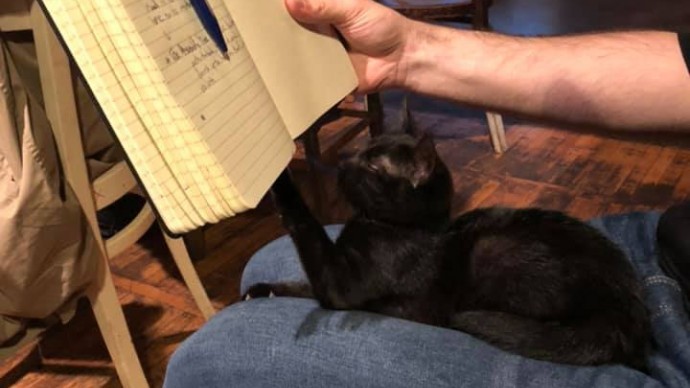
Research: Making and managing Ljubljana's urban squats
Investigating inclusive and participatory practices within autonomous housing communities.
research summary
Research summary
- June 2019 to July 2021
Researchers from Manchester Met are investigating the way that two squatted areas in Ljubljana, Tovarna Rog and Metelkova Mesto, are used and managed by both the official institutions and their communities.
The project aims to understand the power dynamics that emerge in their everyday running and the plans for their future. Place making and place management are emerging areas of academic interest, as researchers seek to bridge the gap between various and often opposing views about the use of place.
The project examines how regulatory uncertainty can be replaced by inclusive and participatory forms of management that do not jeopardise the places’ autonomous characteristics.
It also highlights the places’ status within the city and considers communicative attempts between the institutional channels and the squatters’ communities about the use and management of these places.
The research draws upon interdisciplinary areas of academic interest. Place management is evaluated through a socio-legal lens, with a particular focus on reflexive communications as a place management tool.
The study offers an innovative approach to place-specific research, showcasing place management not only as a process for strategic formation, but also as a contested political and socio-legal one that encompasses both reflexive communicative processes and regulatory uncertainty. These tensions have been well documented throughout the squatters’ practices and struggles with authorities, as well as in their conflicts and communication attempts.
blog

Project blog
Exploring alternative housing culture in Ljubljana.Researchers
funding
With funding from

The BA/Leverhulme Trust
contact
Contact us
For general enquiries about the Transforming Places research group, you can contact its lead Professor Tim Edensor.
